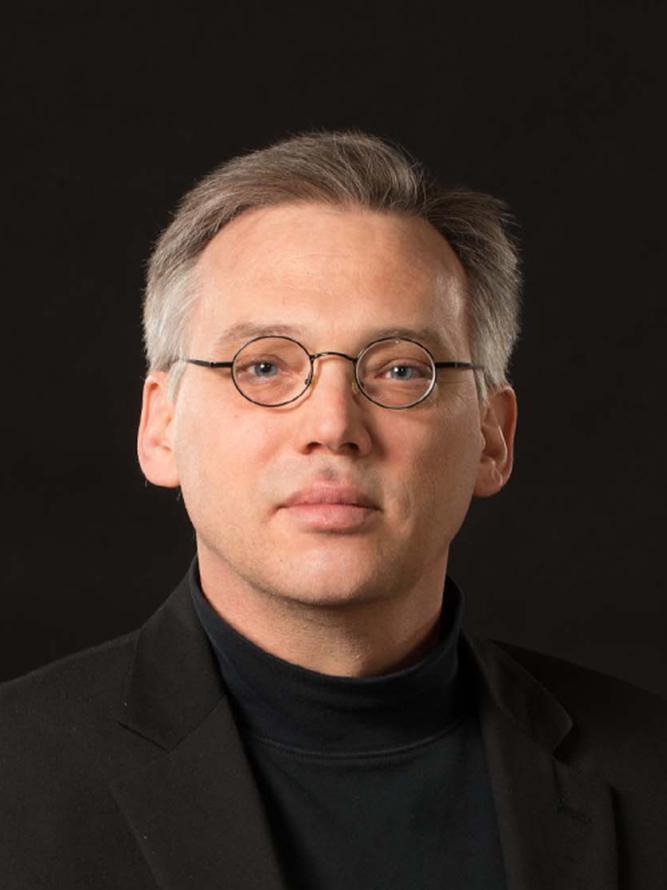Anderson to perform ‘Degrees of Separation…’ in Kimball
calendar icon11 Sep 2019

LINCOLN, Neb.— University of Nebraska-Lincoln Glenn Korff School of Music Professor of Trombone Scott Anderson will perform a faculty recital titled, “Degrees of Separation…” on Wednesday, September 25 at 7:30 p.m. in Kimball Recital Hall. The performance is free and open to the public. The title of this recital comes from the question most heard by trombonists when it comes to the composers of trombone music. That question is “who is that?”
”I decided that the question could be answered by using the theory of six degrees of separation,” Anderson said.
This theory was first proposed in 1929 by the Hungarian writer Frigyes Karinthy in a short story called “Chains.” In 1967, American sociologist Stanley Milgram devised a new way to test the theory. Milgram’s findings were published in Psychology Today and inspired the phrase “six degrees of separation.” Although Milgram’s findings were discounted after it was discovered that he based his conclusion on a very small sample group, six degrees of separation became an accepted notion in pop culture after Brett C. Tjaden published a computer game on the University of Virginia’s Web site based on the small-world problem. Tjaden used the Internet Movie Database (IMDB) to document connections between different actors. The game, which asked website visitors to guess the number of connections between the actor Kevin Bacon and any other actor in the dataset, was called The Oracle of Bacon at Virginia. Six degrees of separation is the theory that any person on the planet can be connected to any other person on the planet through a chain of acquaintances that has no more than five intermediaries. With the exception of Gustav Mahler, every relatively unknown composer on this recital (with the exception of Gustav Mahler) can be connected by six degrees to another, more famous, composer. Take for example Johan Georg Albrechtsberger. Albrechtsberger was Beethoven’s counterpoint teacher. No trombone solo repertoire from Beethoven, but we’re only one step away. Ferdinand David was concertmaster at the Gewandhaus in Leipzig working with Felix Mendelssohn. Again, no Mendelssohn solo for trombone, but we’re close. The recital will feature works by composers who were this close. One more thing- they wrote wonderful music for the trombone.
Anderson is Professor of Trombone in the Glenn Korff School of Music at the University of Nebraska–Lincoln. He is a trombonist in the University of Nebraska Brass Quintet. Anderson holds the Vernon A. Forbes Chair as Principal Trombone in the Lincoln Symphony Orchestra. He earned degrees from the University of Minnesota (DMA 1995), Northwestern University (MM 1987) and Iowa State University (BM 1985).